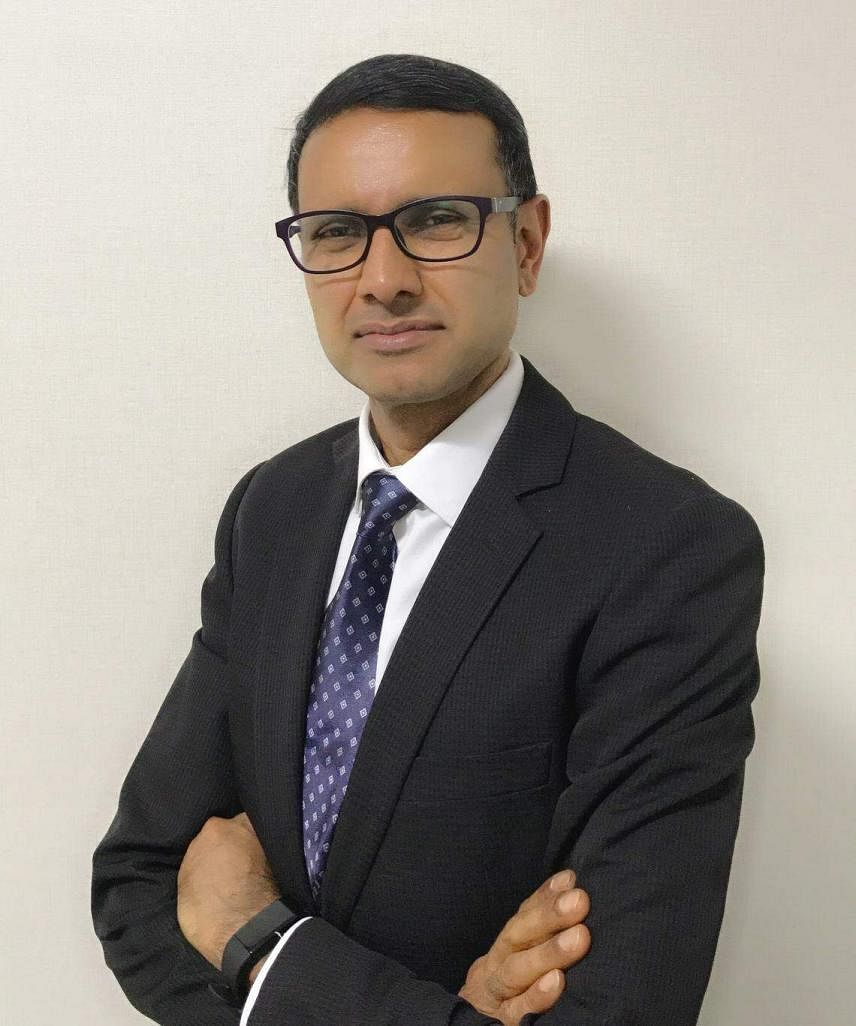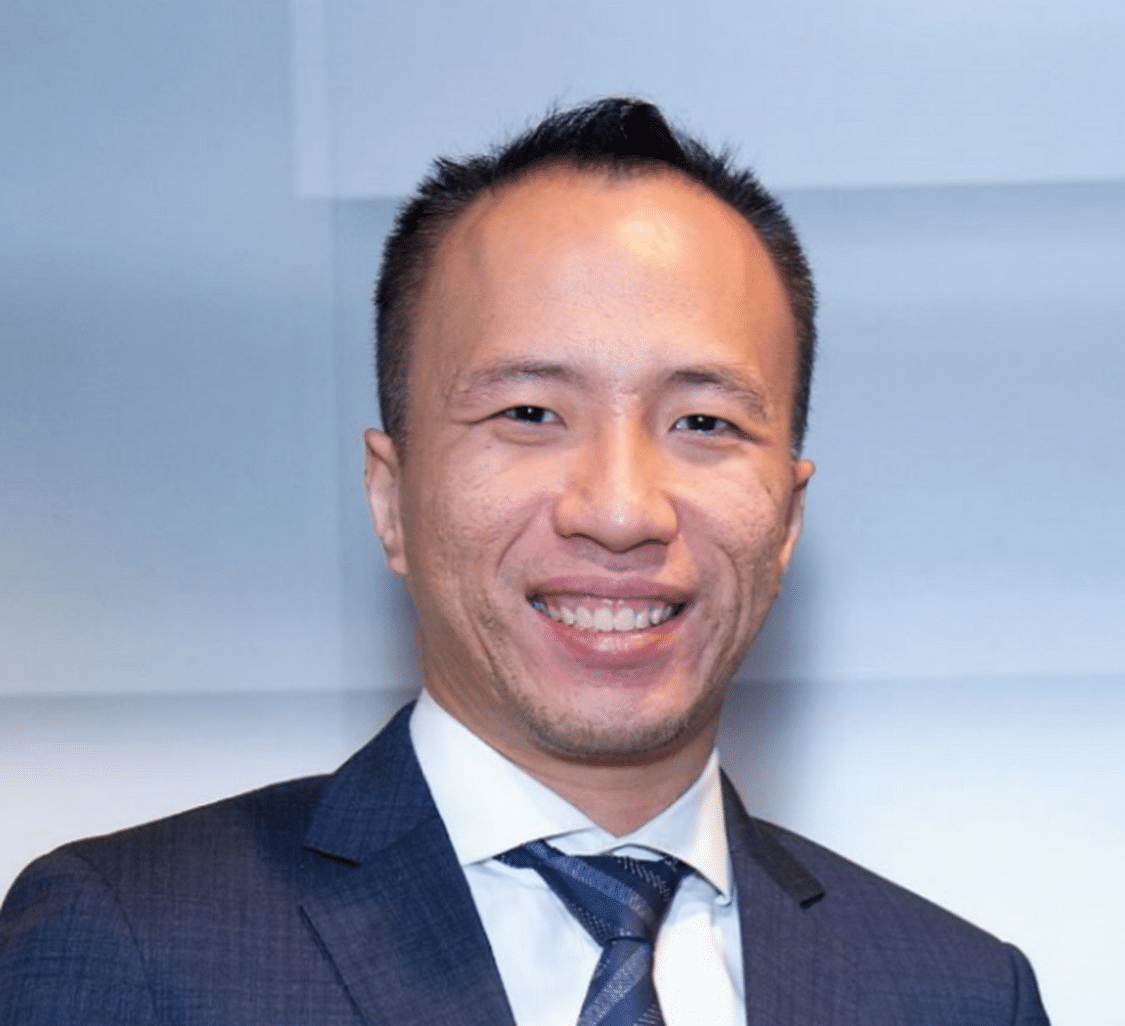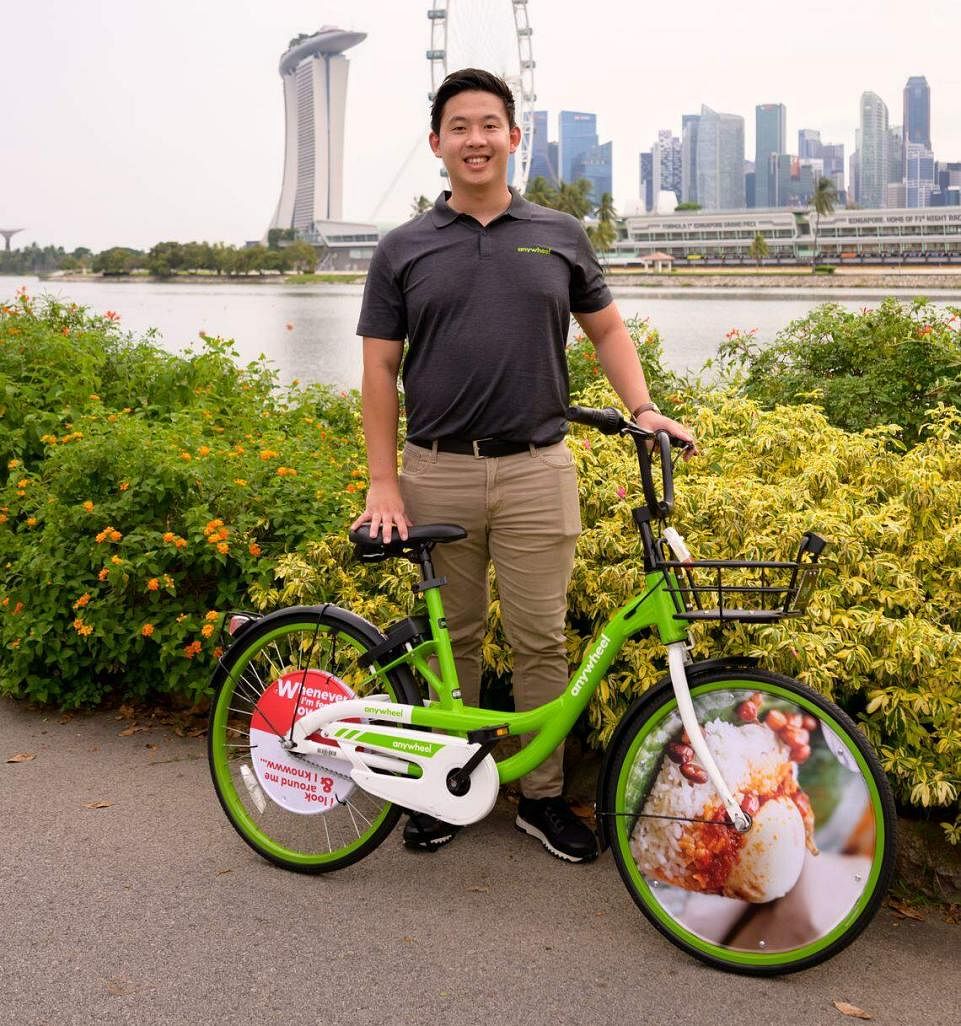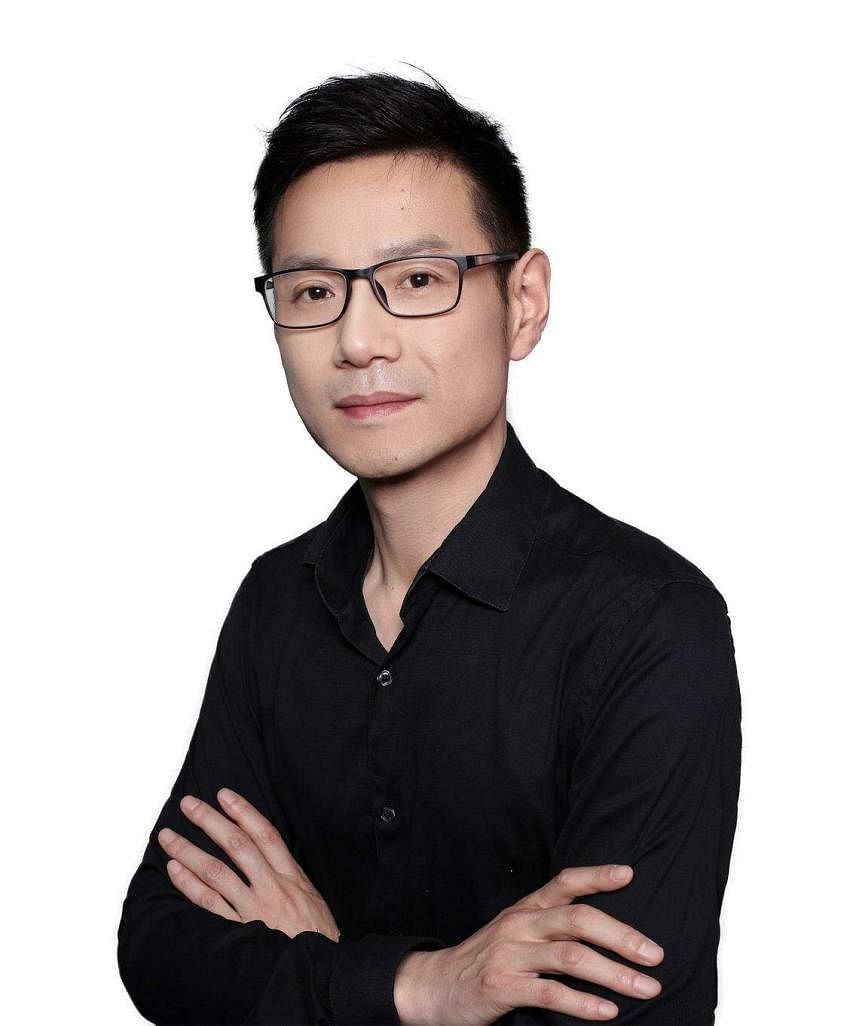ROUNDTABLE PANELLISTS:
- Benjamin Soh, founder and managing director, Stacs [Singapore]
- Didi Gan, founder and CEO, N&E Innovations [Singapore]
- Htay Aung, founder and CEO, Anywheel [Singapore]
- Raghav Narayan, CEO, Aprisium [Singapore]
- Tiger Liu, founder and CEO, Sharkgulf Technology [Hong Kong]
Moderated by Renald Yeo, journalist, The Business Times
As a finalist for this year’s Emerging Enterprise Sustainability Award, what is your company’s role in the sustainability scene?
Htay Aung: Anywheel provides eco-friendly and convenient transportation solutions. Our electric scooters and bicycles stand as symbols of our dedication to reducing congestion, lowering carbon emissions, and enhancing the overall urban experience. We specialise in bridging the first and last mile, providing an affordable and fuss-free alternative mode of transportation.
We are serving over one million users on our platform now, and we will continue to promote a greener way of transport and lifestyle through our services, in the hopes of onboarding and influencing more people to adopt a greener and healthier lifestyle – one ride at a time.
Tiger Liu: As a smart e-motorcycle manufacturer, Sharkgulf Technology is dedicated to using our technology and products to revolutionise urban mobility.
On average, an electric vehicle (EV) emits half the amount of carbon dioxide emissions as a similar vehicle powered by an internal combustion engine (ICE). Switching from ICE motorcycles to our product will help reduce carbon emissions and pollution, providing a greener and more sustainable future.
Didi Gan: N&E Innovations transforms food waste into valuable products. This includes our patented natural antimicrobial agent Vikang99.
Our technology enables us to extract certain desired components from food waste to synthesise Vikang99, while the remaining cellulosic fibres are transformed into antimicrobial packaging. Hence, our technology is zero-waste.
Our innovative solution not only reduces greenhouse gas production and carbon footprints, but also offers a sustainable alternative to the chemical-based disinfectant and synthetic antimicrobial agents such as titanium dioxide, which are toxic to the environment and human health.

Benjamin Soh: Stacs developed the ESGpedia platform, which powers various national and regional ESG (environmental, social and governance) registries. ESGpedia harmonises more than 5 million sustainability data points of 107,000 companies – and growing.
ESGpedia also digitally enables companies in their sustainability journey, from day one to full readiness, empowering small and medium-sized enterprises (SMEs), corporates and financial institutions.
Raghav Narayan: We directly enable sustainability efforts through our contamination detection and monitoring solutions. We focus on wastewater contamination monitoring to enable recycling and reducing water usage across industries such as EV battery plants, semiconductor manufacturers and data centres.

In the face of high costs, why should small businesses invest in sustainability?
Narayan: While there may be upfront expenses associated with sustainability initiatives, these investments can lead to long-term advantages that outweigh the initial financial outlay.
For example, cost savings over time, enhanced efficiency, competitive advantage, regulatory compliance, risk mitigation, access to funding and grants, improved brand image and reputation, employee attraction and engagement, long-term viability and futureproofing.
Soh: Increasingly, more consumers and investors are preferring to support ESG-conscious companies. With regulators mandating sustainability reporting, larger corporations are more cautious with their procurement.
Our advice is for businesses to start collecting sustainability data now, as it will help them get a baseline understanding of their performance and identify areas for improvement. This presents opportunities for businesses in terms of attracting new investors and customers, and de-risking their operations by addressing risks early on.

Gan: Sustainability is the need of the hour. Not all sustainable practices require high investment, such as the buying of carbon credits. Sustainable practices can be incorporated on a grassroots level – such as monitoring the consumption of electricity and water, and preventing their wastage during the production process.
Aung: The persistent costs associated with sustainability initiatives may seem daunting at first, but they are, in essence, investments in long-term resilience and profitability. Small businesses that prioritise sustainability are not only contributing to environmental well-being, but are also positioning themselves for sustainable growth.
Our commitment to innovation and investment in research and development (R&D) has allowed us to optimise fleet management as well as reduce maintenance costs and unnecessary wastage. This has significantly improved overall operational efficiency.

Besides costs, what barriers do small businesses face in becoming more sustainable?
Narayan: Small businesses often have limited financial, human and technical resources to dedicate to sustainability efforts. This can hinder their ability to implement sustainable practices effectively.
Additionally, small businesses may have to prioritise short-term profitability over long-term sustainability, particularly when facing immediate financial pressures or competition.
Aung: Resource limitations, a lack of expertise, and internal resistance to change can all pose significant challenges. In this regard, collaborations with partners and stakeholders have been transformative.
Collaborations provide not only financial incentives but also invaluable resources and technical expertise. They create a supportive framework that encourages innovation and responsible growth, ensuring that small businesses can navigate the complexities of sustainability more effectively.
Gan: Frameworks and regulations for sustainability reporting need to be universally standardised – a lot of non-clarity still exists. It is also a challenge to continuously train the employees on the importance of sustainability, as employees play a crucial role in identifying gaps and practising sustainability.
Soh: Many businesses do not have the data they need to comply with mandatory sustainability disclosure requirements. Technology solutions which streamline the collection of data aligned with global standards can dramatically lower the barriers of entry, and scale up the wider adoption of companies towards their sustainability journeys.
How can cross-industry or cross-border collaborations improve sustainability efforts?
Liu: Cross-border collaborations enable each party to utilise their own strengths to achieve a win-win outcome.
In certain markets, instead of entering the market with Sharkgulf’s own brand, Blueshark, we work closely with local original equipment manufacturers to assist them in developing their own e-motorcycle products using our technology.

Gan: Collaborations with like-minded sustainable partners have always been fruitful for us. For example, we have collaborated with companies within and outside of Singapore that have provided us with their waste by-products. This resulted in upcycling their waste, which would have otherwise ended up in landfills.
In another upcoming project, we are working with a startup from Malaysia which produces sanitary pads with no harmful chemicals. They have incorporated Vikang99 as the antimicrobial agent, thus providing a non-toxic and natural sanitary pad. This product is coming to market by end-2023.
Narayan: Cross-industry and cross-border collaborations offer opportunities for improving sustainability efforts among small businesses by fostering innovation, knowledge sharing, resource pooling and collective action.
They can also provide opportunities for joint R&D, relative market access, supply chain resilience, risk diversification and mitigation, data-sharing and innovation.
Aung: They serve as catalysts for the exchange of best practices, technological innovations and pioneering solutions. By joining forces with like-minded organisations across sectors, small businesses can amplify their impact and address complex sustainability challenges more effectively.
What regional opportunities do you see?
Soh: Asia is the largest supply chain in the world, and with sustainability requirements being mandated by regulators globally, there is an increasing focus on getting companies in Asia-Pacific (Apac) to be more sustainable, and compiling more data from the region.
We are therefore well-poised to capitalise opportunities by expanding our outreach in Apac. We partnered the United Nations Economic and Social Commission for Asia and the Pacific (ESCAP) to host the ESCAP Sustainable Business Network’s Asia-Pacific Green Deal for Businesses initiative on ESGpedia. It provides recognition in the form of digital badges for companies in Apac that have done well in sustainability.
Gan: Extending the shelf life of agricultural produce such as fruits and vegetables is a global problem. There is a lack of an antimicrobial which is safe for food contact while being able to the extend shelf life of these crops and produce.
When our solution is used to coat agricultural produce, it extends their shelf life by reducing food spoilage microbes – thus also helping to reduce food waste. We are currently in a trial with Korean agricultural companies to mist the produce in their smart farms. We see many such global opportunities for our technology.
Also, with global commitments to reach carbon neutrality by 2050, N&E looks forward to capturing the market with sustainable antimicrobial solutions to be incorporated into a plethora of applications, such as wastewater treatment, natural insecticide and crop protection.
Narayan: At Aprisium, we are actively working with customers and partners regionally and are seeking collaborations that are helping us enhance our capabilities, increase market reach and expedite the deployment of our technologies.
Aung: In Apac, we perceive vast opportunities for expanding our sustainable micro-mobility services. Urbanisation continues at an unprecedented pace, and the demand for sustainable transportation solutions is soaring.
Anywheel is well-positioned to seize these opportunities by harnessing advanced technology – underpinned by our robust R&D efforts – to provide more efficient, accessible and environmentally-friendly mobility options.
Our strategic plan involves forging even stronger partnerships with stakeholders and partners in the region, and harnessing the power of R&D to innovate continuously. We intend to collaborate closely, creating tailored, sustainable mobility solutions that align with regional needs.
Liu: South-east Asia is one of the largest motorcycle markets, accounting for one third of global ownership, with annual sales volume of over 16 million units. Currently, e-motorcycles account for less than 2 per cent of global sales.
Major Asean countries have set clear emission reduction targets and set out policies and subsidies to promote EV adoption, which gives e-motorcycle startup companies with technology and cool products, such as Sharkgulf, the opportunities to quickly expand in the region.
We launched our smart e-motorcycle and battery swapping station product in Malaysia earlier this year, and are preparing to enter the next market in the upcoming months.





